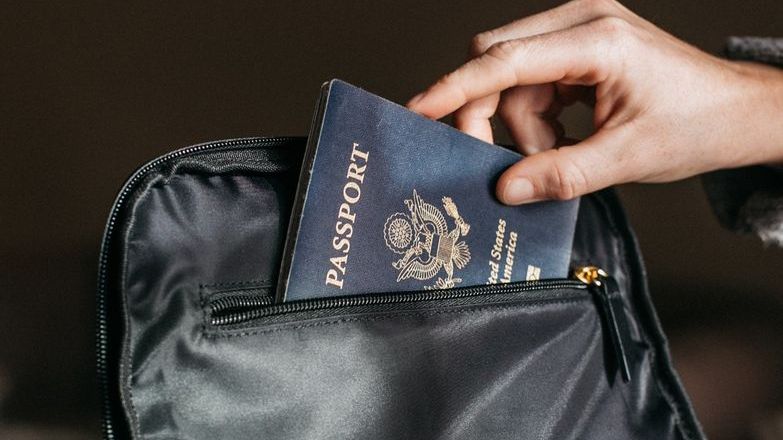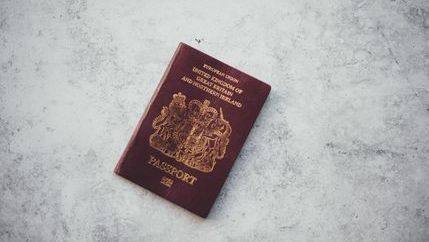
Advice from the Home Office remains: if someone can demonstrate they are legally present in the UK, they can pass a Right to Rent check. If their documents relate to List B Time Limited documents, a follow-up check must be carried out within 12 months or before the expiry of the document (whichever is the later).
In May, changes were made to Border Control ending the process of stamping the passports of visitors from USA, Canada, Australia, New Zealand, Japan, Singapore and South Korea. Those with a biometric passport can pass quickly through egates, those without will see a border force officer but will only be advised verbally of their leave to remain and any associated conditions. These groups are deemed to be at lower risk of overstaying and the advantage to border control is that use of egates allows them to be processed more quickly.
Visitors can legally remain for a period of up to six months without a visa and therefore the Home Office have issued binding written guidance which states that the individual’s Right to Rent can be demonstrated through their passport along with evidence of the last time they travelled to or entered the UK, this is likely to be an airline, ferry, Eurostar ticket or equivalent.
'If they wish to rent accommodation in the private rented sector as their only or main home, a landlord will be able to establish the individual’s right to rent status by checking their passport together with evidence of the date they last travelled to or entered the UK.'
Acceptable evidence of entry to the UK may include (but is not restricted to) one of the following, or a combination of:
- An original or copy* of a boarding pass or electronic boarding pass for air, rail or sea travel to the UK, establishing the date of arrival in the UK in the last six months;
- An original or copy* airline, rail or boat ticket or e-ticket establishing the date of arrival in the UK in the last six months;
- Any type of booking confirmation (original or copy*) for air, rail or sea travel to the UK establishing the date of arrival in the UK in the last six months;
- Any other documentary evidence which establishes the date of arrival in the UK in the last six months.
*a copy can be a hardcopy such as a photocopy or an electronic copy such as a screenshot
The visitor can use this documentation to fulfil the requirements of the check wherever they are on the timeline of the six month visit. As an agent the focus is on fulfilling the Right to Rent check properly and if challenged, being able to show evidence of statutory excuse against penalty. Dated evidence of the check including copies of the documents must be securely retained throughout the duration of the tenancy and for a year afterwards.
If, in the course of a follow up check, an agent finds that a tenant is still resident and cannot provide new evidence of their Right to Rent, they must report it to the Home Office and hand responsibility for any further action to Immigration officials.
The Home Office are seeking parliamentary time to update secondary legislation to make a change to the Code of Practice, in the meantime Immigration services will not be able to pursue any prosecution where the agent has followed the published guidance.
ARLA Propertymark has again raised concerns about the practical implementation of checks on overseas students within 30 days of the commencement of the tenancy. We continue to work with Home office officials to resolve these problems.
In response to concerns over Brexit, the advice remains that agents must continue to apply Right to Rent checks up until the point that new guidance is issued. Any changes that are brought in in relation to EU citizens cannot be backdated and EU nationals must not be discriminated against on the basis of speculation. We continue to remind the Home Office that agents will not be able to determine which of their tenants are EU nationals in the event of Brexit, as this has never been part of the checking process.
The Home Office continues to promote the EU Settlement Scheme to EU nationals, playing down the idea that any applicants have been rejected but channelling applicants into either settled or pre-settled status




